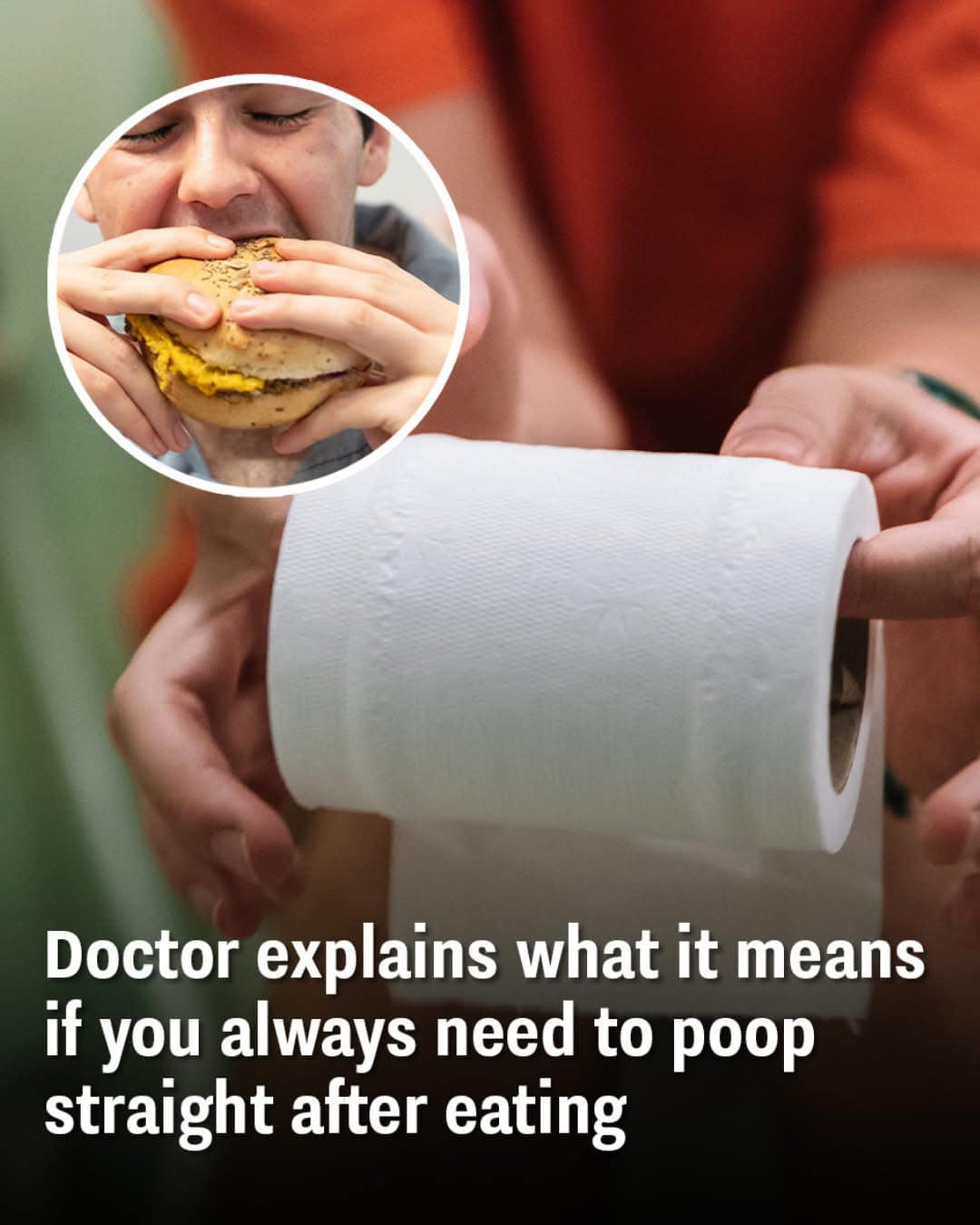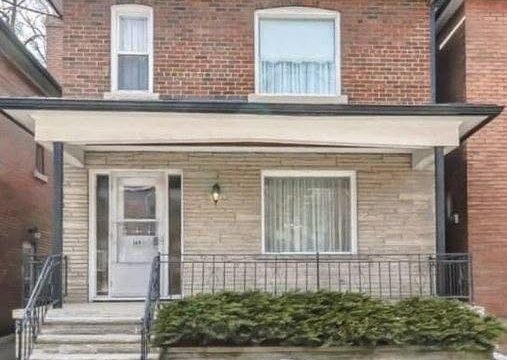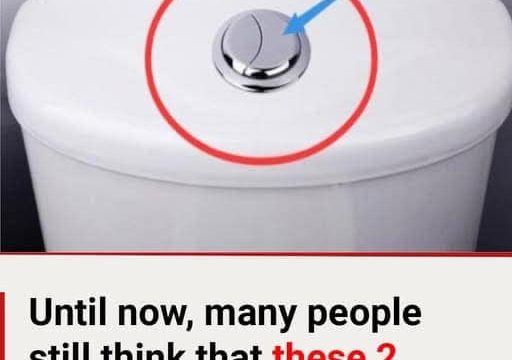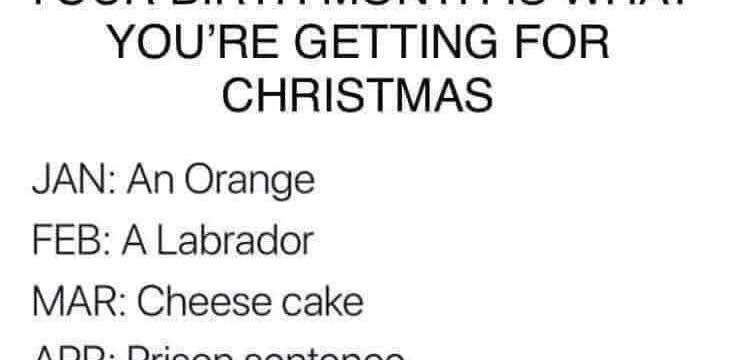Have you ever noticed that every time you finish a meal, you feel an almost immediate urge to rush to the bathroom? If this sounds familiar, don’t worry—you’re not alone. According to health experts, there’s a perfectly logical explanation for this common experience, and no, it’s not because your food is moving through your digestive system faster than normal. A doctor recently broke down the science behind this phenomenon, and it all comes down to something called the gastrocolic reflex. Let’s take a closer look at what it is, why it happens, and what you can do if it starts to interfere with your daily life.

When you eat a meal and feel the sudden need to visit the restroom, it’s not because the food you just consumed is traveling straight through your digestive tract. Instead, it’s due to a natural reflex that your body triggers to make space for the incoming food. This reflex is known as the gastrocolic reflex. While the name might sound technical, the process itself is quite straightforward. When food enters your stomach, it stretches the stomach lining, which then sends signals to your brain. In response, your brain triggers your colon to contract and move its contents further along the digestive tract, clearing space for the new food that’s about to be digested.
Dr. Salhab, a gut health specialist, explains that what’s expelled during these bathroom trips isn’t the meal you just ate—it’s older stool and water that were already sitting in your colon. Your body is simply engaging in a natural cleanup process to ensure there’s enough room for the digestion and absorption of the meal you just consumed. This reflex isn’t a disease or a disorder; it’s a normal part of how your digestive system functions.
However, not everyone experiences the gastrocolic reflex in the same way. For some people, it’s a mild, barely noticeable sensation. For others, it can feel intense and urgent, almost like a race against time to reach the bathroom. The reflex can also become more pronounced under certain conditions or in individuals with specific gastrointestinal disorders, such as Irritable Bowel Syndrome (IBS).
IBS is a chronic condition that affects the large intestine and can cause symptoms such as cramping, abdominal pain, bloating, constipation, and diarrhea. The Cleveland Clinic explains that people with IBS often have a heightened gastrocolic reflex, which means their colon contracts more forcefully after eating. This can result in intense stomach cramps, a strong urgency to poop, and, in some cases, diarrhea. These symptoms can be incredibly disruptive to daily life, turning every meal into a potential source of anxiety.
So, what can you do if you’re frequently dealing with a heightened gastrocolic reflex or IBS-related symptoms? According to Dr. Salhab, there are several lifestyle and dietary adjustments that can help reduce the severity of these episodes. One of the first recommendations is to pay attention to your diet. Certain foods are known to trigger or exacerbate gastrointestinal reactions, including carbonated beverages, alcohol, fried foods, fatty meals, citrus fruits, and dairy products. While these foods might be delicious, they can irritate the digestive system and amplify the gastrocolic reflex.
Another helpful tip is to eat smaller, more frequent meals rather than large, heavy ones. Overloading your stomach with a large meal can intensify the gastrocolic reflex, causing stronger contractions in the colon. Eating slowly and chewing your food thoroughly can also make a difference. When you eat too quickly, your stomach fills up faster, leading to a stronger reflex response. Taking your time with meals gives your digestive system a chance to process food more gently.
Stress is another factor that can play a significant role in digestive health. The brain and the gut are closely connected, and high levels of stress or anxiety can amplify gastrointestinal symptoms. Techniques like deep breathing exercises, meditation, mindfulness practices, and light physical activity can help reduce stress and, in turn, ease the intensity of the gastrocolic reflex.
In some cases, over-the-counter medications or prescription treatments might be necessary to manage symptoms, especially for individuals with IBS. If you find that your bathroom habits are interfering with your daily routine, causing discomfort, or becoming increasingly frequent, it’s a good idea to consult a healthcare professional. They can provide a proper diagnosis and create a personalized treatment plan to address your specific needs.
In summary, the urge to poop right after eating is most commonly caused by the gastrocolic reflex, a natural bodily response designed to keep your digestive system running smoothly. It’s not something to panic about, and in most cases, it’s completely normal. However, if the reflex feels overly intense, painful, or disruptive, it could be linked to a condition like IBS or other gastrointestinal issues.
By paying attention to your diet, managing stress, eating smaller portions, and slowing down during meals, you can often reduce the frequency and intensity of these post-meal bathroom trips. And if things don’t improve, don’t hesitate to seek medical advice. Understanding how your body works is the first step toward managing your symptoms and improving your gut health.
So, the next time you feel the urge to head to the bathroom after a meal, you can rest easy knowing that your body is just doing its job. After all, your digestive system is one of the most efficient and hardworking systems in your body—it’s just making sure everything runs smoothly.





